
Emergency plumbers cost between 1.5 and 3 times as much as a typical plumber. Get specifics for your plumbing issue and city in our guide.
Make sure you hire the right type of plumber for the work you need done


Did you know that there are five different types of plumbers, and each specializes in a different kind of plumbing work? Plumbers can specialize in a unique function or aspect of plumbing systems, or they can focus more on the kind of building in which the systems support.
When you understand the differences between these types of plumbers, you can hire the right pro for your job. After all, you don’t want to hire a commercial plumber to handle a residential plumbing emergency (that’s what emergency plumbers and septic service providers are for). By the same token, you’ll want to make sure you hire a plumber with sanitary system experience when your toilet is clogged. Start by learning how plumbing works and reviewing some essential plumbing terms every homeowner should know, then read on to learn the differences between the five types of plumbers.

For most homeowners, the residential plumber is the pro to call when some part of the home’s plumbing system needs help. They often gain experience and skills by working as apprentices to licensed master plumbers with far more experience.
Residential plumbers are perfectly situated to handle the installation and maintenance of any plumbing fixtures you’d normally find in a home. They may also tackle installations of residential fixtures and repairs of the home’s pipes, water systems, and toilets. They’re familiar with the plumbing problems that a one- or two-story home with a few bathrooms might encounter, and they’re the perfect pros for those jobs. If it’s taking place inside your home, a residential plumber can usually take care of it.
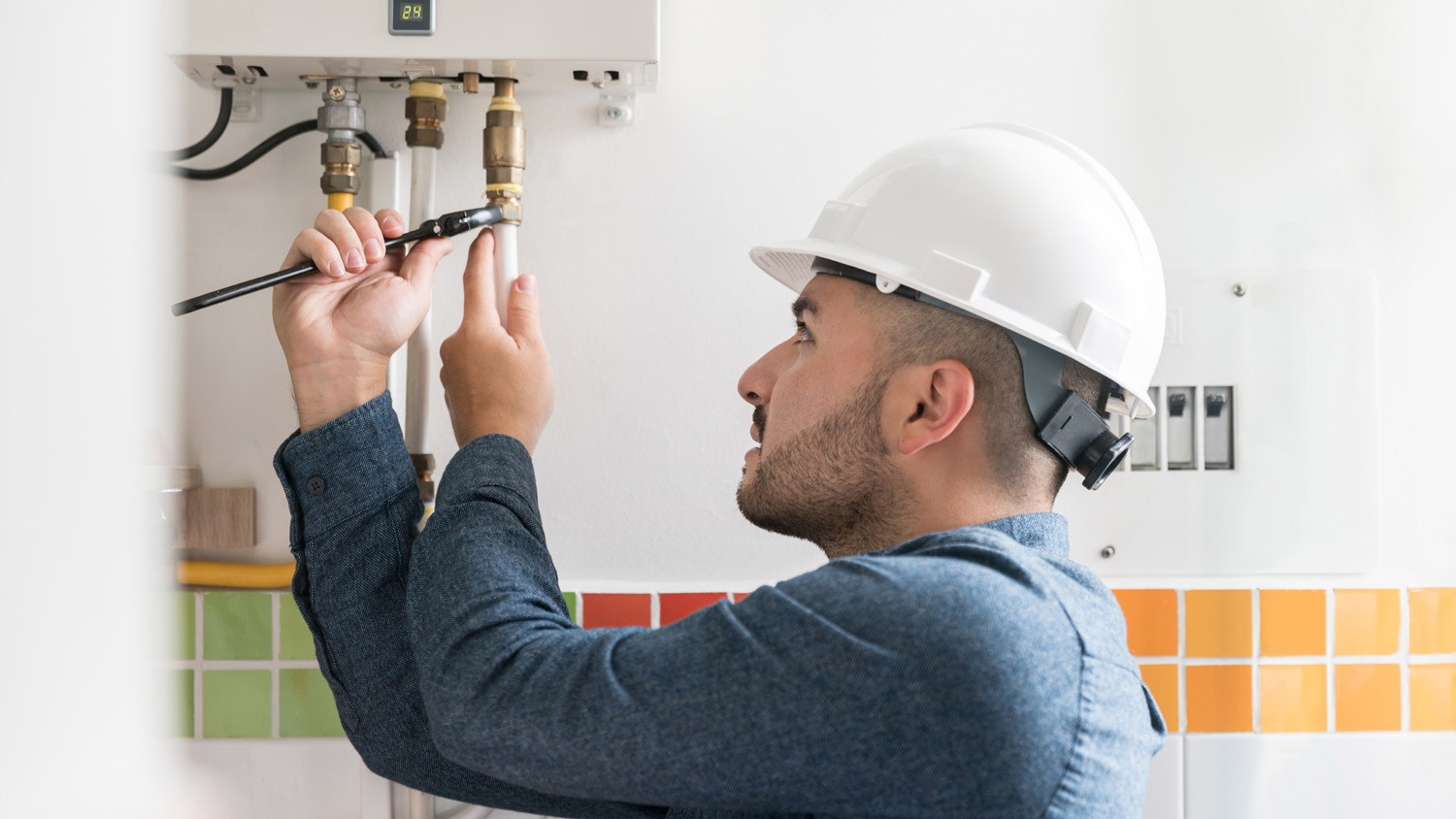
While commercial buildings and private residences operate on the same general plumbing principles, commercial plumbing is quite different in both its complexity and its scope. With numerous outlets, pipes, and fixtures, often located on multiple floors for much larger numbers of people, commercial plumbing can require a vastly different kind of experience and skill set. In addition, many state and local plumbing codes regulate commercial plumbing systems more extensively than residential systems, and commercial plumbers should be familiar with those legal requirements.
Commercial buildings include public schools, manufacturing plants, hospitals, and large municipal and office buildings. The equipment and fixtures used in these systems may be similar to your home’s toilets and sinks, but the way they’re connected and the degree of heavy use they undergo distinguish them. A residential plumber simply doesn’t have the requisite skills or experience to handle a commercial job. Commercial plumbers generally don’t work enough in residential settings to handle your home’s backed-up toilet or clogged sinks.
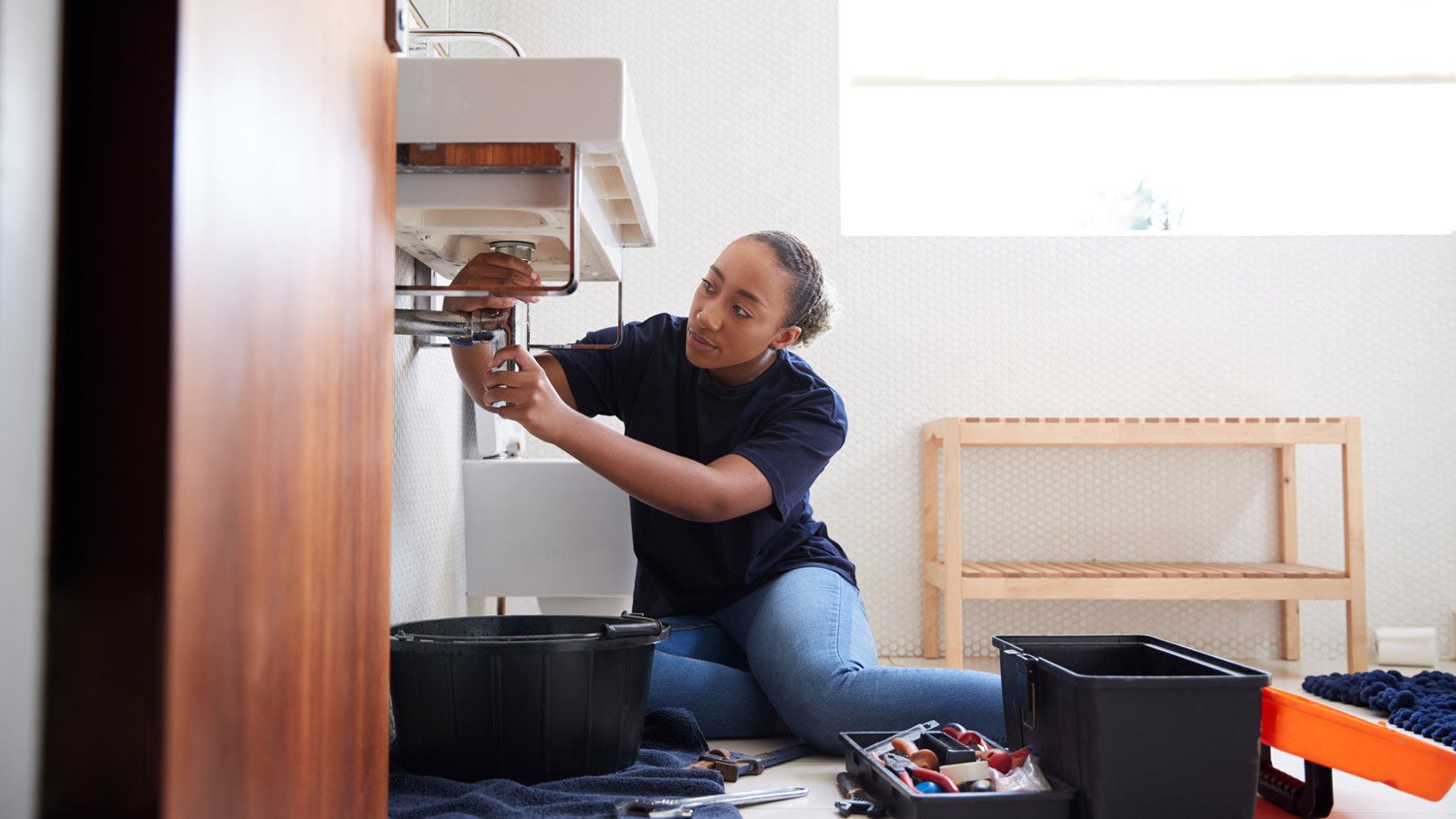
The third type of plumber performs a bit of both residential and commercial work. The service and repair plumber focuses on specific repair and maintenance tasks for plumbing systems located in homes and businesses. Those tasks might include:
Getting rid of clogs.
Cleaning out systems and fixtures to prevent or eliminate backflow.
Repairing leaks.
Other jobs.
Through technical education and experience gained by working with established providers, service and repair plumbers become something of a first responder of plumbing needs for both homes and large commercial buildings. They might be the only plumbing pro you need if you’re dealing with relatively simple maintenance and repair issues.
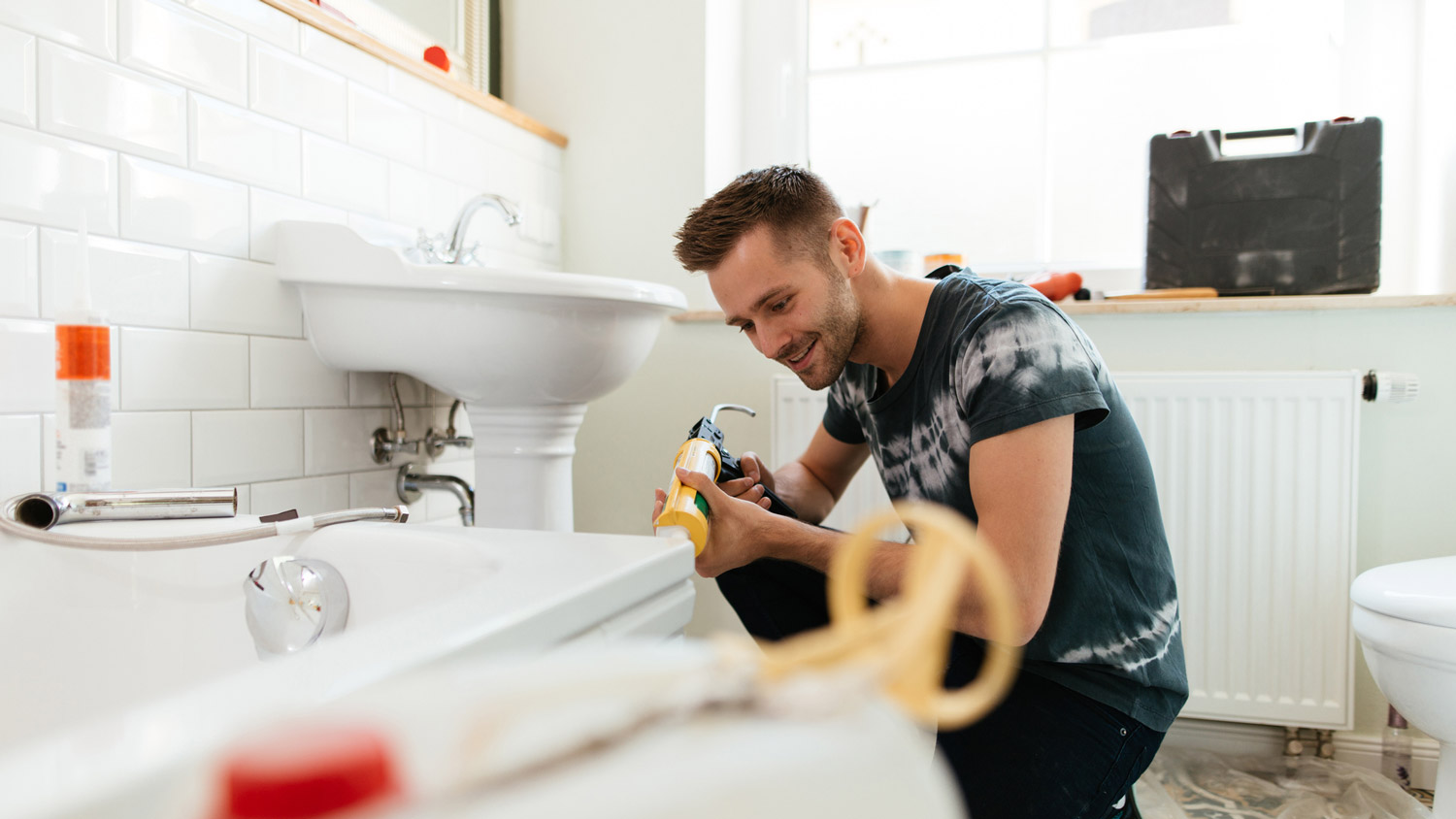
Plumbers may also fall into categories by the type of job they handle, in addition to the physical locations in which they work. The sanitary plumber is often contacted to perform a wide range of work to service, repair, and maintain a sanitary water system—that is, your bathroom and toilet pipes and fixtures.
This type of plumbing pro handles anything related to a structure’s bathroom pipes, systems, and tanks, including installing a new bathtub or taking the old one out. They can also install and maintain boilers and water heaters for toilets or showers, assuming they have the right credentials and experience for those tasks.
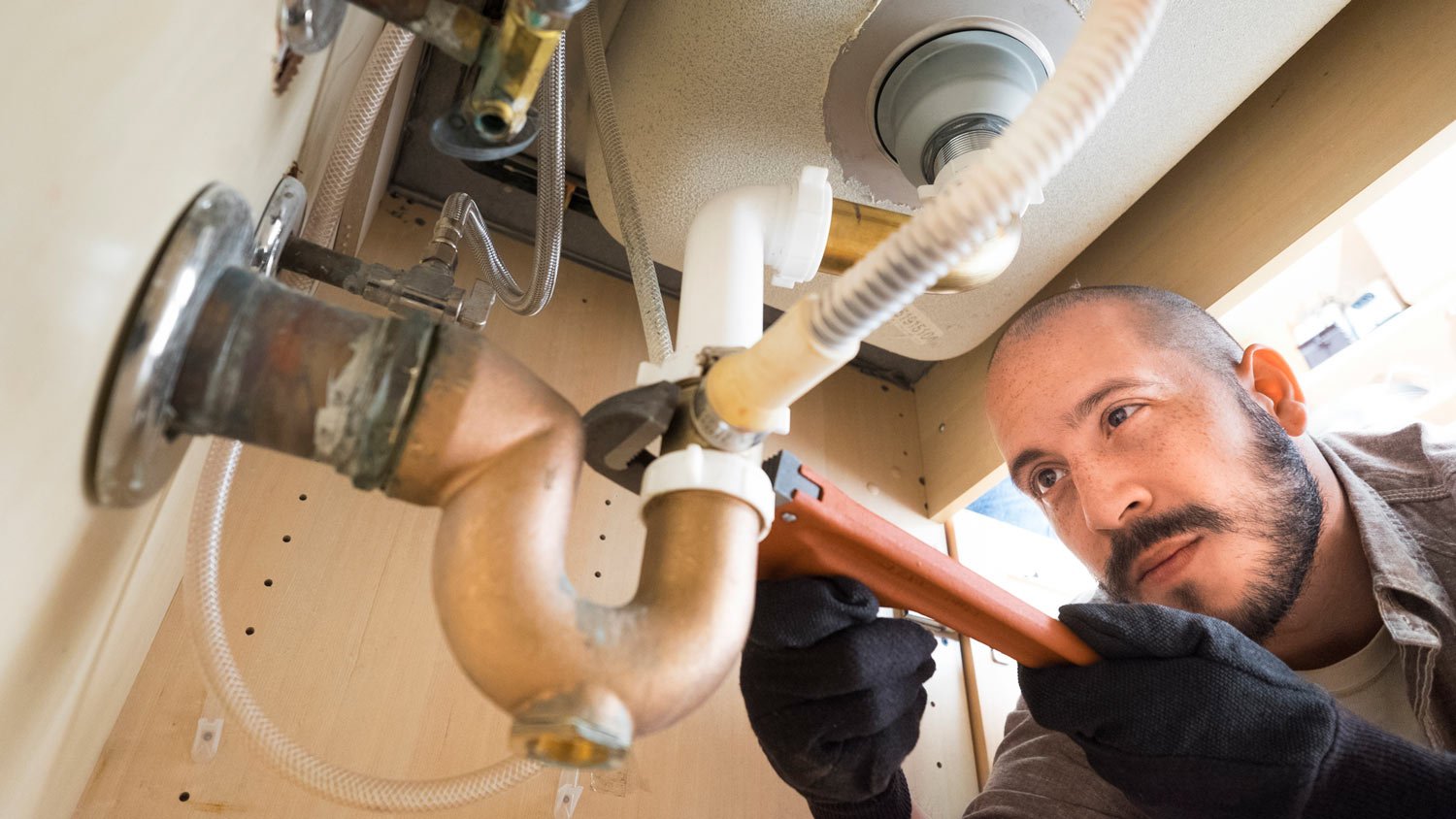
The water supply plumber is the right professional for any task related to installing or repairing a water tank or supplying water to your home’s fixtures. They can also handle simple unclogging jobs in your bathroom or kitchen fixtures, but primarily they work on the parts of your home’s plumbing system that ensure access to water to your sinks, tanks, and pipes. The water supply plumber can work in any room of your home that needs a consistent water flow, such as your laundry room, bathrooms, and kitchen.
While some simple plumbing problems are good projects for the handy DIY homeowner, in many cases, you’ll want to hire the right plumbing professional near you to tackle the work in question. Knowing a bit about your home’s plumbing system and the specific type of problem you’re facing will help you identify and hire the right type of plumber for your job. Plumbing costs range anywhere from $45 to $200 per hour for a plumbing pro. However, your plumber cost may sit on either side of that range.
From average costs to expert advice, get all the answers you need to get your job done.

Emergency plumbers cost between 1.5 and 3 times as much as a typical plumber. Get specifics for your plumbing issue and city in our guide.
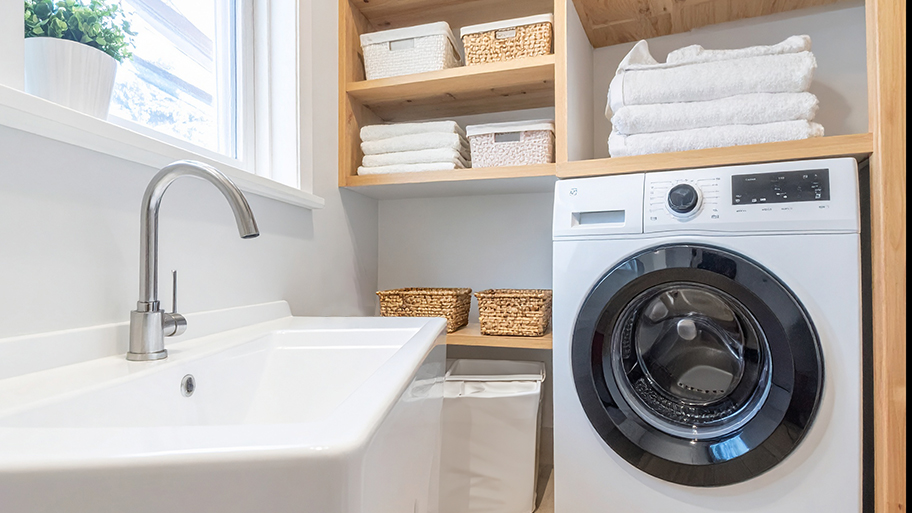
The cost to add plumbing to a detached garage depends on several factors, including the type of plumbing and the garage's distance from your home.

This guide to toilet installation cost covers what you can expect to pay when adding a new toilet to an existing or new bathroom.
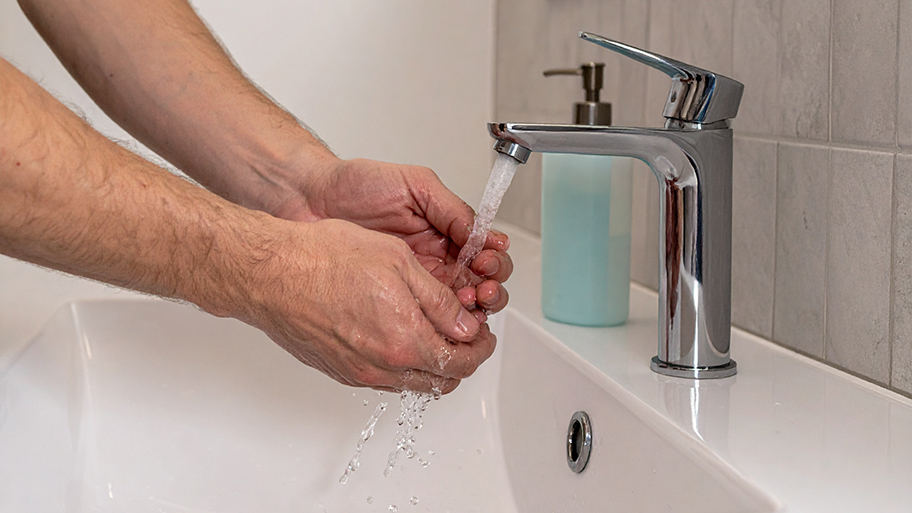
Replacing or upgrading plumbing in your home? Make sure you know how to measure pipe size accurately to avoid buying the wrong materials.

Learn how to cut PVC pipe with ease and efficiency. Our guide will show you how to tackle your PVC pipe project like a pro.

Clogs can keep drains backed up and build up odors in kitchens and bathrooms. Learn how to use a plumbing snake, a simple solution to clearing clogs.